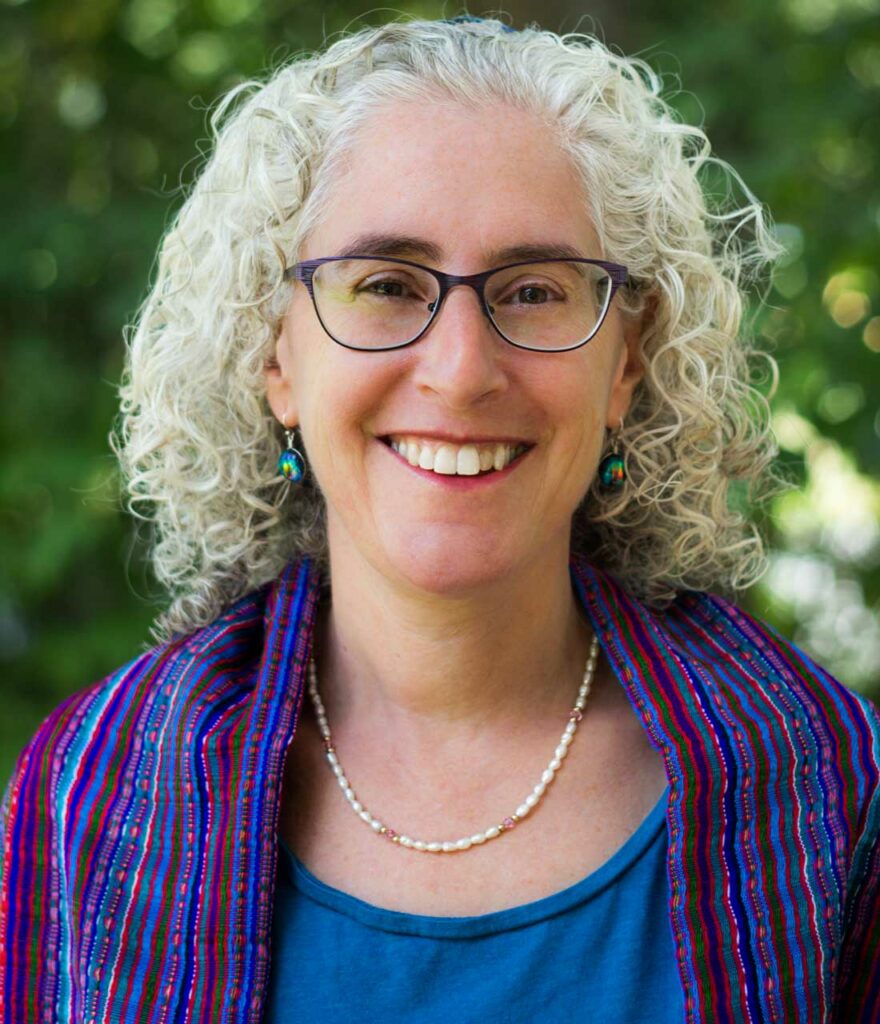“Why is this night different from all other nights?” On Monday, April 22, Jews around the world will recite this question during their Passover Seders, one of the most observed rituals in Judaism.
Passover commemorates the Israelites’ redemption from Egyptian slavery. It is a holiday where family and friends gather around the table to retell the story of our ancestors as we also see ourselves as a part of the story today.

Two of the lines in the Haggadah (the book used for the Passover Seder) stand out to me this year: “In every generation there have been those who wished to destroy us.” This line from the Haggadah resonates deeply this year when Israel was attacked by Hamas terrorists on Oct. 7 and was attacked directly by Iran on April 13.
Over 1,200 men, women and children were brutally tortured and massacred in October and more than 240 were taken hostage. Sadly, a ceasefire negotiation was most recently turned down by Hamas and the more than 130 remaining hostages are still in Gaza, though it’s unclear how many are alive.
When I was in Israel two months ago, I met with survivors of Oct. 7 and family members of hostages and bore witness to their trauma.
“In every generation, each individual should feel personally redeemed from Egypt.” How do we celebrate freedom this year when we know there are so many people suffering in Israel, in Gaza, in Iran, in Ukraine, in Burma, in Haiti? As Emma Lazarus, a poet who wrote “The New Colossus” on the Statue of Liberty, also said, “Until we all are free we are none of us free.” My freedom is connected with your freedom.
As I prepare to celebrate Passover this year, my heart aches for the suffering of Palestinians in Gaza as well as Israelis and other people in Israel. One can have empathy for more than one group of people.
This holiday always falls in the spring, the season of renewal and hope. As we retell the ancient story, we don’t ignore the bitterness of slavery, symbolically experiencing it with horseradish or eating sweet charoset (various recipes, many include apples, walnuts, raisins, wine and cinnamon) to taste the joy of freedom.
As we mix the bitter and the sweet together, we show that life is full of both, often at the same time.
On this Passover, we will lift our voices in song and prayer as we retell the story of our people and see ourselves in the ancient message of the holiday today.
Rabbi Faith Joy Dantowitz is the rabbi of Congregation Emeth, located in Morgan Hill and serving all of South County. Congregation Emeth, founded 46 years ago, welcomes you to join our diverse and caring community which offers Jewish learning, social justice, and caring connection. Dantowitz can be contacted at ra***@***th.net.








